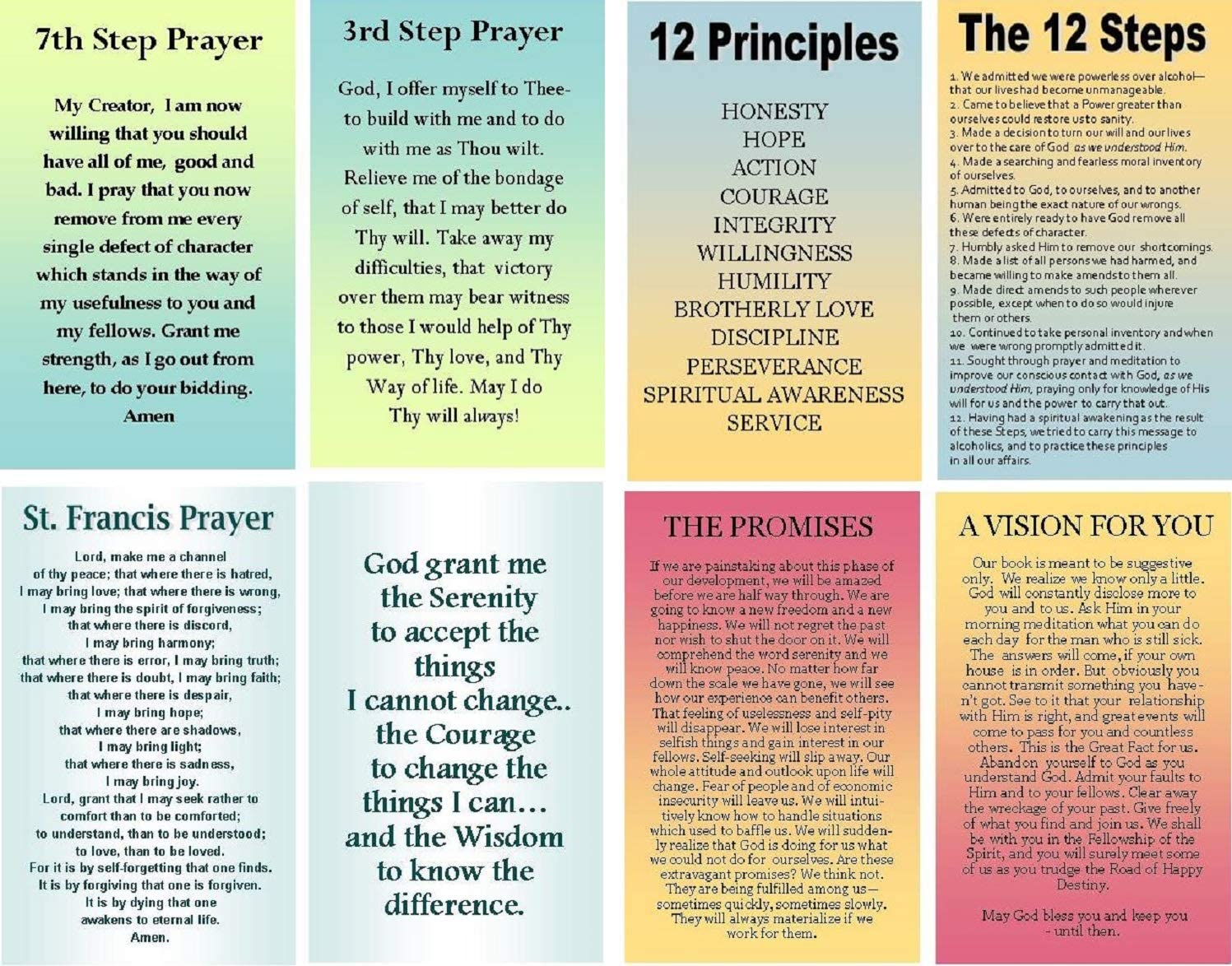The 12 Steps as used in Gamblers Anonymous. The following are the 12 Steps of Gamblers Anonymous, also referred to as GA.Gamblers Anonymous is a fellowship of men and women who share their experience, strength and hope with each other that they may solve their common problem and help others to recover from a gambling problem. The most effective addiction treatment is the 12-step plan developed by the AA program. This treatment plan is used by various groups including gambling anonymous with slight variations to eliminate gambling addiction.
Welcome to Recoveries Anonymous. Is a Twelve Step program. We have no dues or fees. We are here for those who want a full recovery from a gambling addiction—but despite their best efforts, have yet to find a full recovery from a gambling addiction—and for their family and friends.
Today there are over two hundred thousand 12-Step groups throughout the world for every type of addiction, whether it's alcohol, gambling, over-eating, narcotics, or porn addiction. The underlying secret of the success of the 12-step program lies in the realization that we can't break free with our own strengths. The idea of a 12-Step program began with Alcoholics Anonymous, or AA, a program designed to support individuals struggling with addiction to alcohol in their recovery efforts. Alcoholics Anonymous is free and open to anyone battling alcohol addiction who wishes to remain sober.
Four phases and four treatment steps have been identified in helping people better understand pathological gambling (also known as gambling addiction).
The Four Phases in Gambling Addiction
The Illinois Institute for Addiction Recovery has identified the following four phases in gambling addiction.
Winning phase:
The winning phase often starts with a big win, leading to excitement and a positive view of gambling. Problem gamblers believe they have a special talent for gambling and that the winning will continue. They begin spending greater amounts of time and money on gambling.
Losing phase:
Problem gamblers become more and more preoccupied with gambling. They start to gamble alone, borrow money, skip work, lie to family and friends and default on debts. They also begin to 'chase' their losses.
Desperation phase:
Problem gamblers lose all control over their gambling. They feel ashamed and guilty after gambling, but they can't stop. They may cheat or steal to finance their addiction. The consequences of compulsive gambling catch up with them: they may lose their jobs, get divorced, or get arrested.

Dr. Richard Cox, PhD, LCMHC
Michael Leiker, MA, LPC
Dion Smith, MEd, LPC, LCDC
Ray Castiglia, MS, LMHC
Amanda Polk, MSW, LISW-CP
Joseph Frey, MA, LMFT
Hopeless phase:
In the hopeless phase, problem gamblers hit 'rock bottom.' They don't believe that anyone cares or that help is possible. They don't even care if they live or die. They may abuse drugs and alcohol to numb the pain. Many problem gamblers also consider or attempt suicide.
The Four Steps in Recovery from Gambling Addiction
Dr. Jeffrey Schwartz suggests there are four core steps in recovering from gambling addiction in his book Brain Lock. This is one of a variety of psychotherapeutic methods used to help treat pathological gambling (cognitive behavioraltherapy and rational emotive therapy are two other common treatment approaches).
Step 1: Relabel.
Recognize that the urge to gamble is nothing more than a symptom of your gambling addiction, which is a treatable medical condition. It is not a valid feeling that deserves attention.
Step 2: Reattribute.
Stop blaming and try to understand that the urge to gamble has a physical cause in your brain. You are separate from the disease of addiction, but not a passive bystander. With practice, learn to control.
Step 3: Refocus.
12 Step Recovery Program Gambling Rehab Centers
When the urge to gamble strikes, shift attention to something more positive or constructive. Do something else, even if the compulsion to gamble is still bothersome.
Step 4: Revalue.
Over time learn to revalue flawed thoughts about gambling. Instead of taking them at face value, realize that they have no inherent value or power. They're just 'toxic waste' from the brain.
Reference:
12 Step Recovery Program Gambling Addiction
Schwartz, J.M. & Beyette, B. (1996). Brain Lock: Free yourself from Obsessive Compulsive Behavior, A Four-Step Self-Treatment Method to Change Your Brain Chemistry. Regan Books, HarperCollins.

